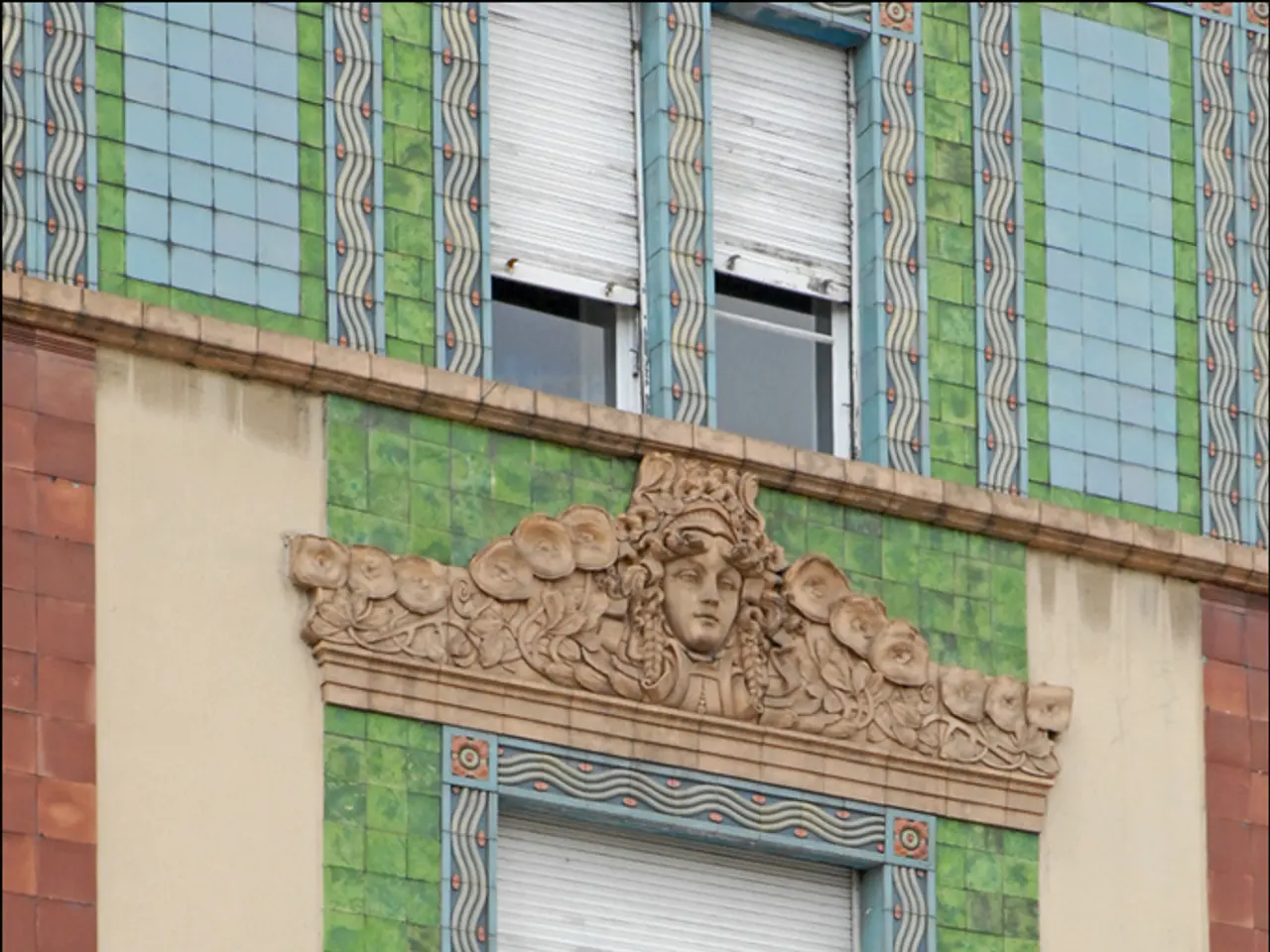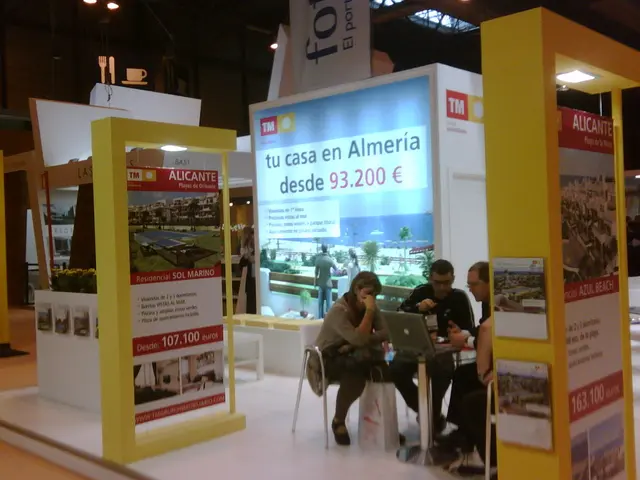The magnitude of the rent differential in North Rhine-Westphalia (NRW) is significant.
In North Rhine-Westphalia (NRW), a significant number of unemployed individuals are facing financial hardships due to high housing costs, despite receiving unemployment benefits. This situation, criticised by the Left Party as a "social policy scandal," stems from the fact that housing costs in NRW, including rent, tend to be relatively high compared to the benefits received.
Average apartment prices in NRW are around €2,300 per square meter, representing substantial housing expenses for many. Unemployment benefits in Germany cover basic living costs, but in many cases, they do not fully cover rising housing expenses, forcing unemployed individuals to pay extra out of pocket.
This financial strain impacts their living conditions by increasing financial stress and potentially limiting their access to adequate housing. The gap between benefits and actual housing costs means these individuals must allocate funds to housing that might otherwise be used for food, health, or other essentials. Inflation in NRW is relatively moderate at about 1.8% annually, but even small increases in costs can exacerbate housing affordability issues for unemployed persons.
The highest housing cost gaps among affected households were found in the job centers of Düsseldorf (€151) and Mülheim an der Ruhr (€148). Last year, job centers in NRW failed to fully cover the heating costs for around 90,000 households on unemployment benefits.
The Social Association NRW sees the figures as evidence of a 'structural imbalance,' suggesting that many people have to do without money for food, clothing, mobility, or necessary purchases. Greta Lutterbach, the vice-state manager of the NRW state association of the German Social Association, calls for a significant strengthening of social housing construction.
Minister-President Hendrik Wüst had previously spoken of 'perverse incentives' in the social security system, while Sefika Minte, a member of the Left party's state executive board in NRW and spokesperson on social policy, believes that the affordability limits in most NRW municipalities are set too low.
The Left Party in the Bundestag has raised this issue, but the response from the Federal Government is not provided in the given text. On August 14, 2025, the Left party revealed that in NRW, approximately 12% of those on unemployment benefits are paying extra for housing. The state social ministry refers to an older report (September 2024) on the topic, stating that its findings have not changed and that there are no indications of problematic differences in the municipalities' handling of the matter.
Particularly many needy households were affected in the job center of Höxter (30%). Nationally, 12.6% of households in basic security are affected and have to cover an average of €116 for housing costs themselves. The report by the MASG on "Housing Cost Gaps in SGB II in NRW" from 09/13/2024 is mentioned but not detailed.
This issue highlights the need for a comprehensive review and potential reform of the social security system to ensure that unemployed individuals are not left struggling with housing affordability. It is crucial to ensure that people do not live in poverty despite receiving benefits.
- The high housing expenses in North Rhine-Westphalia (NRW), such as the average apartment price of €2,300 per square meter, put a significant financial strain on unemployed individuals, forcing them to pay extra out of pocket even with unemployment benefits.
- The financial burden of housing costs on unemployed individuals limits their ability to allocate funds for essentials like food, health, and other necessities, indicating a need for a comprehensive review and reform of the social security system in order to prevent people from living in poverty despite receiving benefits.





